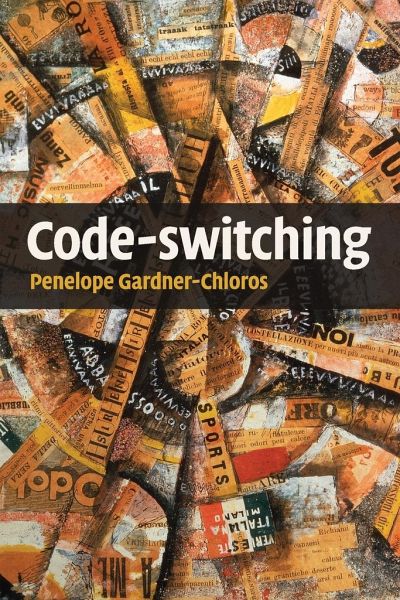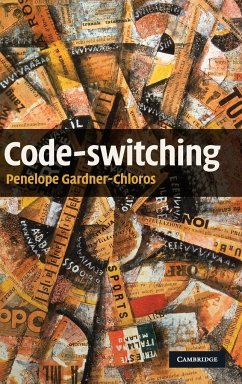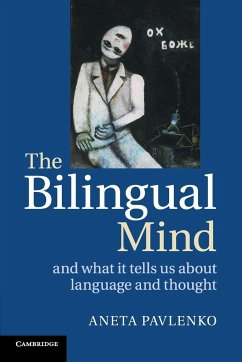
Code-switching
Versandkostenfrei!
Versandfertig in 1-2 Wochen
59,99 €
inkl. MwSt.
Weitere Ausgaben:

PAYBACK Punkte
30 °P sammeln!
It is quite commonplace for bilingual speakers to use two or more languages, dialects or varieties in the same conversation, without any apparent effort. The phenomenon, known as code-switching, has become a major focus of attention in linguistics. This concise and original study explores how, when and where code-switching occurs. Drawing on a diverse range of examples from medieval manuscripts to rap music, novels to advertisements, emails to political speeches, and above all everyday conversation, it argues that code-switching can only be properly understood if we study it from a variety of ...
It is quite commonplace for bilingual speakers to use two or more languages, dialects or varieties in the same conversation, without any apparent effort. The phenomenon, known as code-switching, has become a major focus of attention in linguistics. This concise and original study explores how, when and where code-switching occurs. Drawing on a diverse range of examples from medieval manuscripts to rap music, novels to advertisements, emails to political speeches, and above all everyday conversation, it argues that code-switching can only be properly understood if we study it from a variety of perspectives. It shows how sociolinguistic, psycholinguistic, grammatical and developmental aspects of code-switching are all interdependent, and findings in each area are crucial to others. Breaking down barriers across the discipline of linguistics, this pioneering book confronts fundamental questions about what a 'native language' is, and whether languages can be meaningfully studied outside of the individuals who use them.














